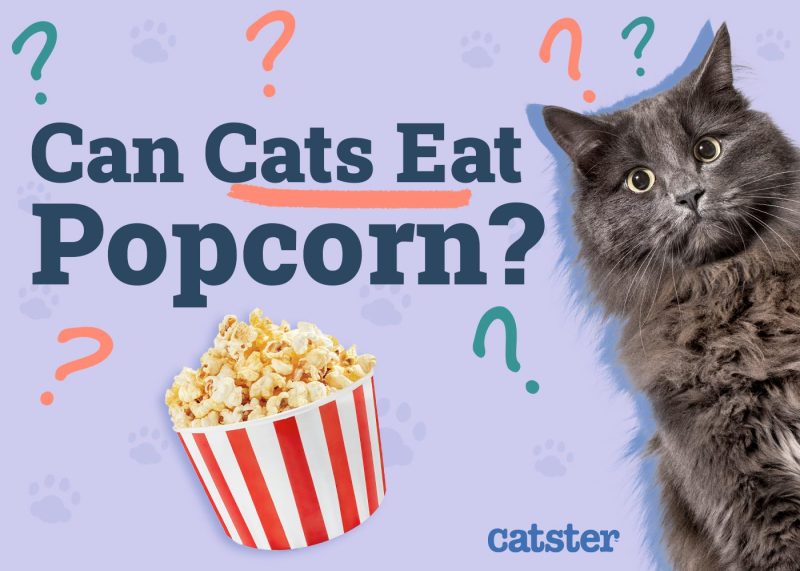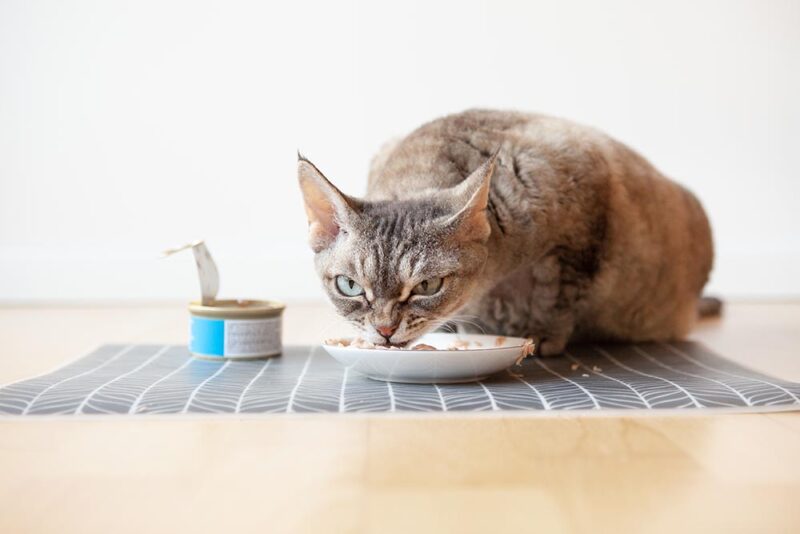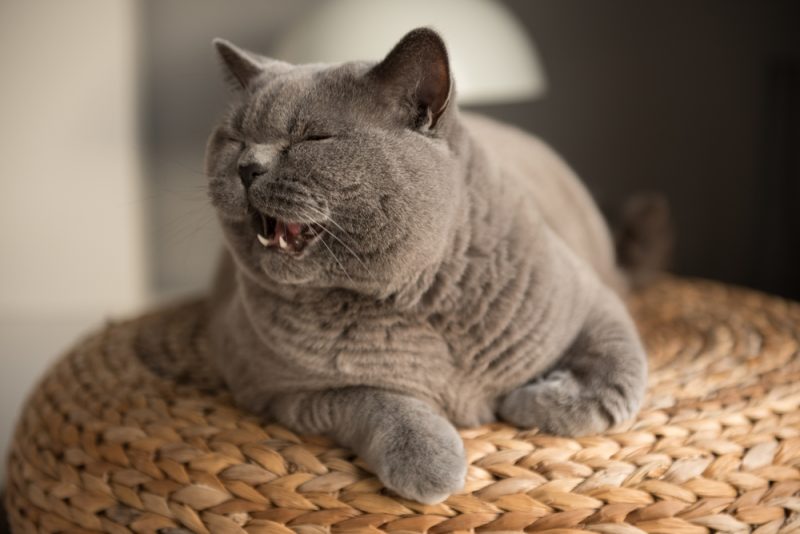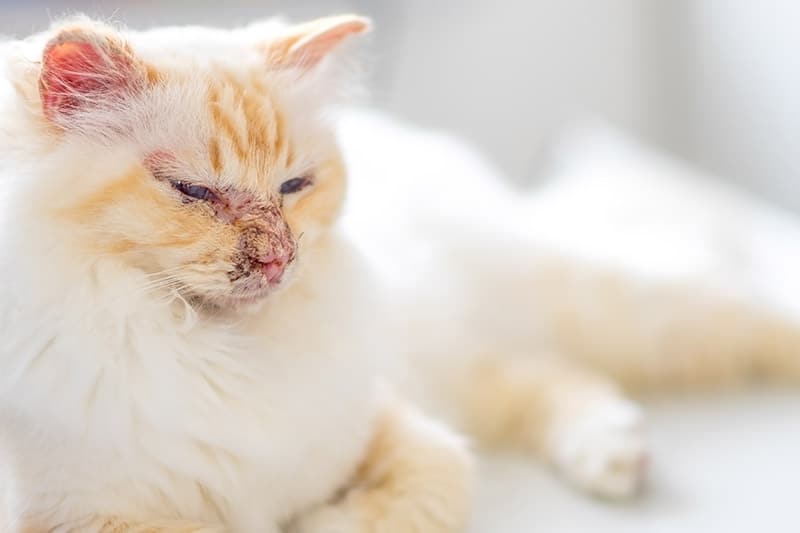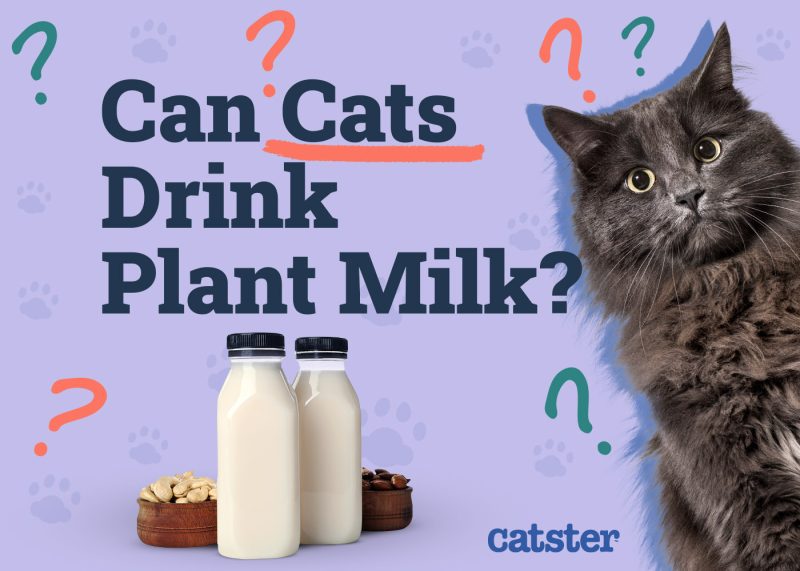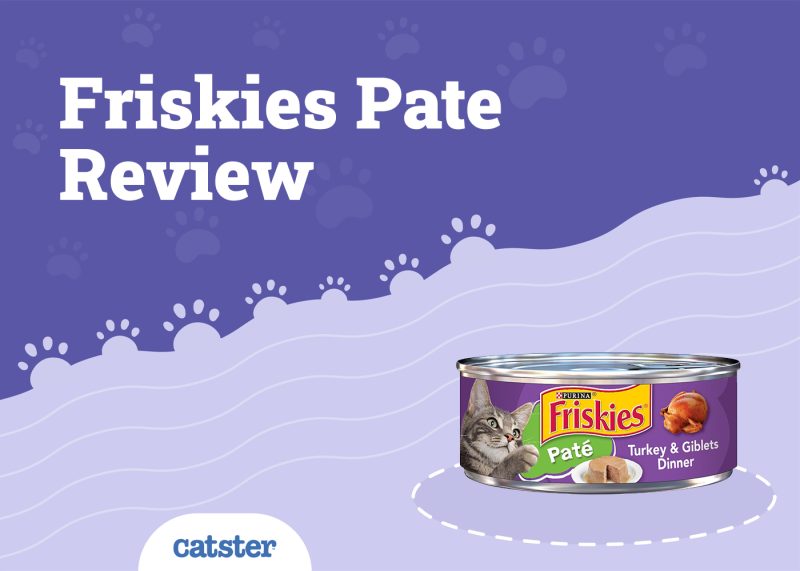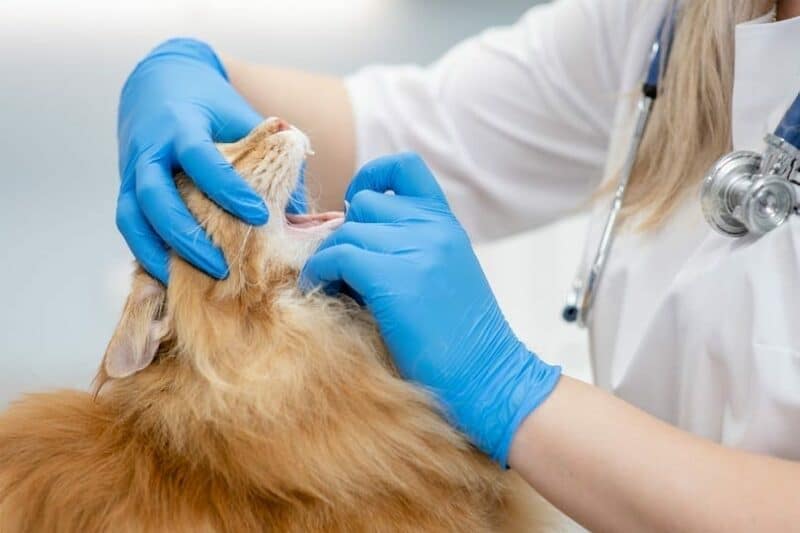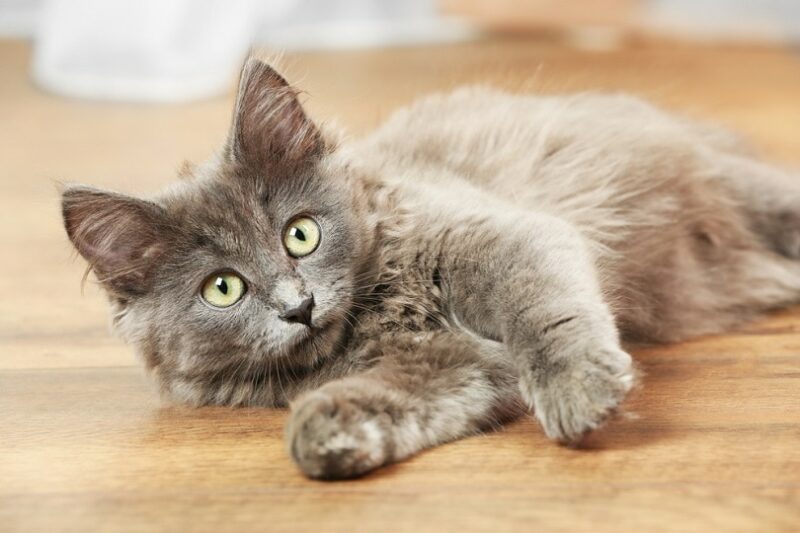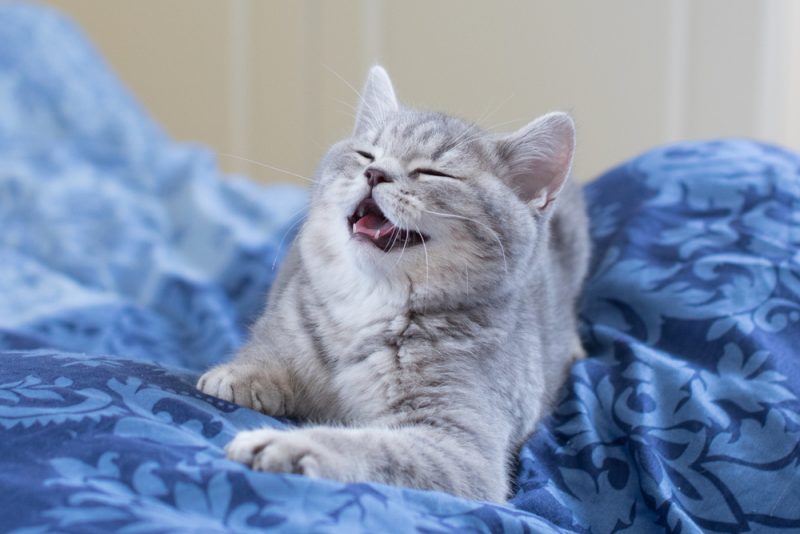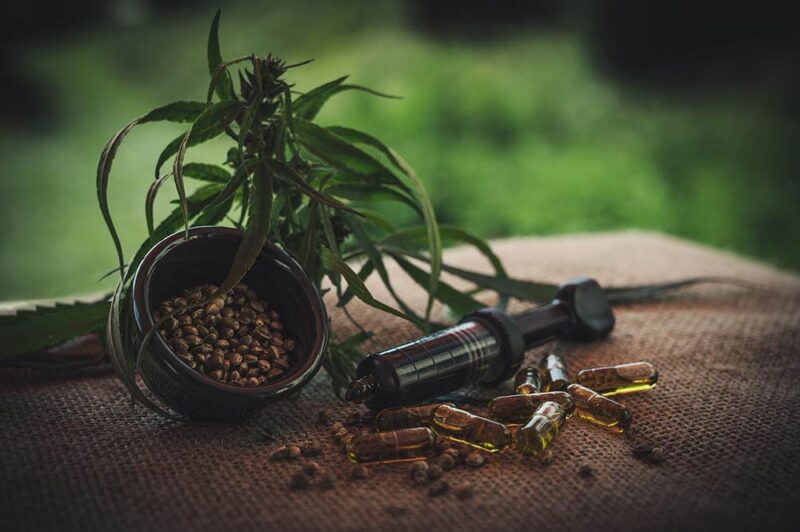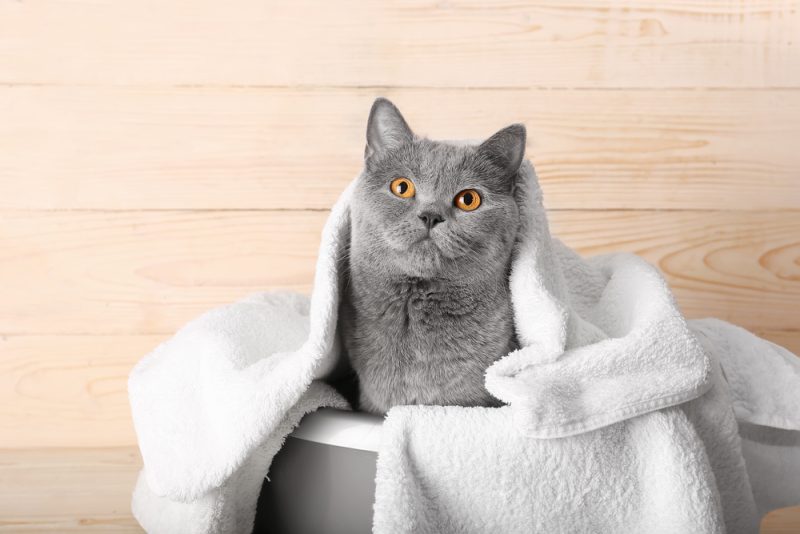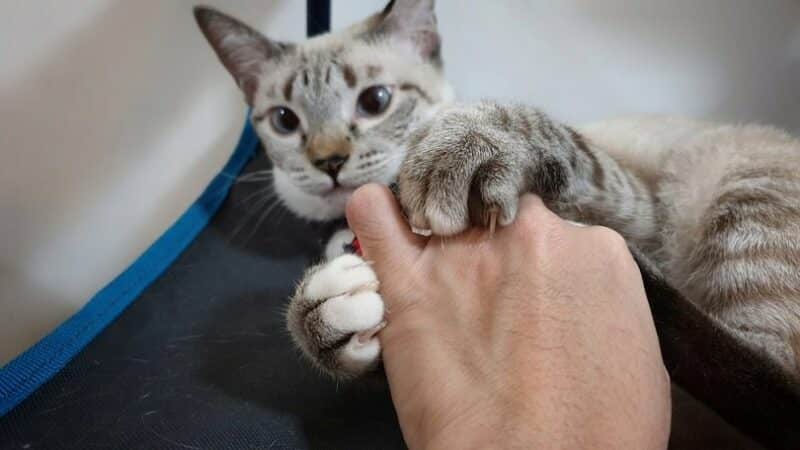If you’ve just sat down to watch your favorite movie with a big bowl of popcorn, what do you do if your cat comes over and starts trying to eat a few fallen kernels?
Popcorn is a popular snack for us humans, but should you let your four-legged friend share in the fun as well? Before we get into the details, the answer to whether popcorn is safe for cats to eat is both yes and no!
Popcorn itself is safe enough for cats to eat in small amounts, although it won’t provide them much in the way of nutrition. But the toppings used to flavor your popcorn might not be that healthy.
A Note About Kittens and Senior Cats
While popcorn is safe for most cats to eat in small doses, this isn’t the case if your cat is very young or very old. Popcorn can cause kittens or older cats to choke, so it should be avoided if your cat falls into one of those categories.
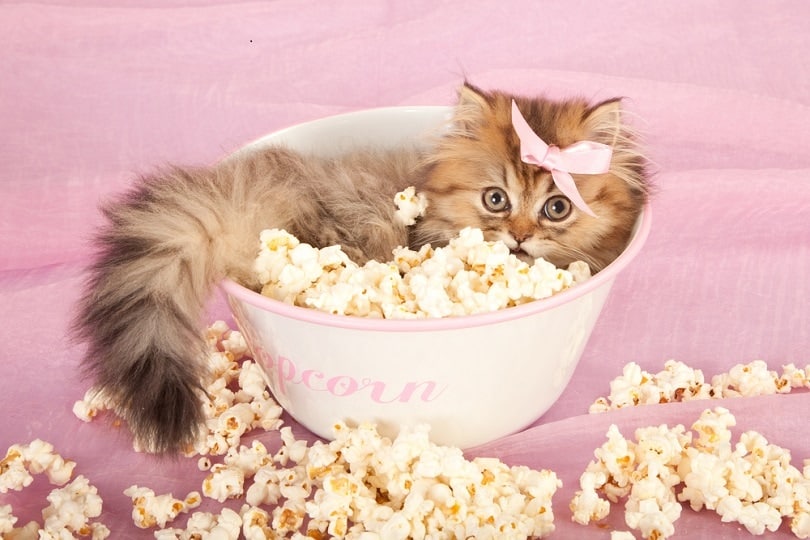
Popcorn vs. Field Corn
You might have noticed that corn is listed on the ingredients list for many different brands of dried kibble for cats. So, does that mean it’s good for them? Not really.
Corn is used in dried cat food to help bind all the other ingredients together. It’s also used as a “filler.” Fillers are generally added to cat food to provide bulk, and while corn gluten meal is a derived protein from corn, it is not a natural protein source for a carnivore, so it is not a complete protein for felines. Cats that tend to form struvite stones might benefit from having this protein alternative in their diet, though that is a specific case.
The corn in cat food is a variety called field corn, which is different from popcorn. Field corn has a large amount of moisture and carbohydrates, half of which are sugars. It also contains protein. Popcorn is rather dry, and it has more protein than field corn but also higher levels of carbohydrates, though it does contain less sugar.
Neither field corn nor popcorn provides any essential nutrients that your cat can’t get elsewhere in their diet.
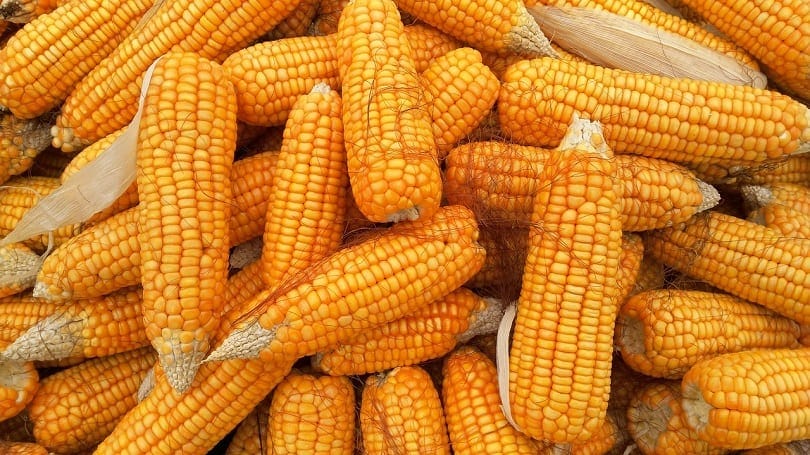
Popcorn Nutrition and Health Benefits
One ounce of air-popped popcorn (28.4 grams, or 3 cups) contains:
- 4 grams of fiber
- 110 calories
- 22 grams of carbohydrates
- 1.3 grams of fat
- 3.7 grams of protein
- 0.2 grams of sugar
Bear in mind that your cat would only be likely to eat a couple of kernels at most, so any nutrients that they obtain from these will be negligible.
Popcorn Toppings
While popcorn itself might not do your cat any harm, they won’t get any nutritional benefits from it either. What’s more dangerous than the popcorn itself are the toppings used to make popcorn taste a bit more interesting for us humans.
Any popcorn seasonings, like salt, butter, sugar, and spices, can cause digestive problems for your cat, even if they only eat a little bit of popcorn.
You should never intentionally let your cat eat any type of popcorn with added seasonings.
If your cat eats any of these ingredients, we suggest you speak to a vet.
If you need to speak with a vet but can't get to one, head over to PangoVet. It's an online service where you can talk to a vet online and get the advice you need for your pet — all at an affordable price!

What If Your Cat Loves Popcorn?
If your cat genuinely enjoys eating popcorn and you’d like to give them a few kernels as treats, choosing plain air-popped popcorn with no seasonings is the safest option.
Some cats even love batting the popped kernels around the floor and making a game of playing with them before they chew on a piece. Don’t go overboard with this treat, though; you should only ever feed it in small quantities once in a while.
Remember that your cat won’t be getting any nutritional value from eating popcorn. It is better to offer them species-appropriate cat treats that they enjoy just as much but that provide more proteins and less carbohydrates.
Conclusion
Plain, air-popped popcorn is safe for cats, and even other types of popcorn are unlikely to cause your cat harm in small amounts. However, popcorn is not part of a cat’s regular diet, so it’s not the best idea to feed it to them regularly and there are no benefits to be gained from doing so.
Featured Image Credit: Free-Photos, Shutterstock
